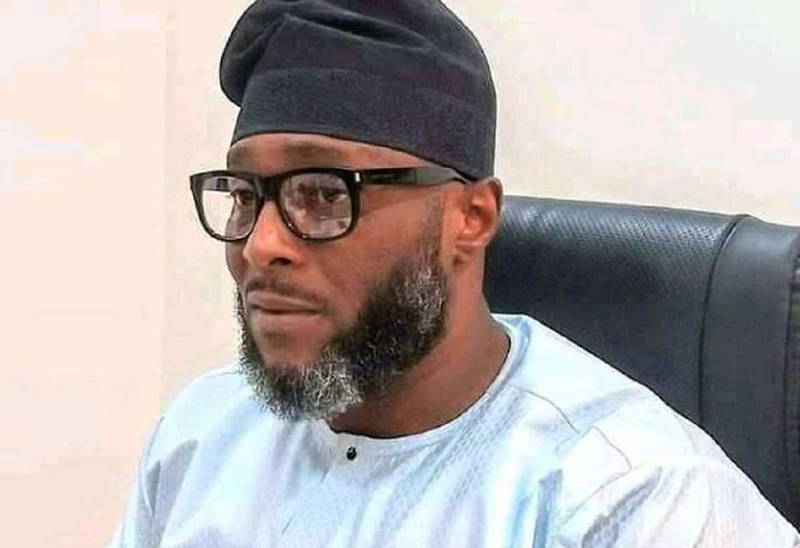President Muhammadu Buhari on Sunday evening arrived Netherlands ahead of his scheduled visit to the International Criminal Court (ICC) in The Hague.
The News Agency of Nigeria (NAN) monitoring the visit reports that the president’s aircraft landed at Rotterdam-The Hague Airport at about 7: 23 p.m. (Nigerian time).
President Buhari was welcomed by Judge Chile Eboe-Osuji, President of the ICC, Vice-President of the Court, Marc Perrin de Brichambut and the Nigerian Foreign Affairs Minister, Geoffrey Onyeama.
Others at the airport to welcome the Nigerian leader were Oji Ngofa, Nigeria’s Ambassador to the Kingdom of the Netherlands and Robert Petri, Ambassador of the Kingdom of the Netherlands to Nigeria.
Also on hand to receive the president and his delegation were Lt.Col Veenhuijzen, Aide-De-Camp to His Majesty the King of the Netherlands and senior officials of the Ministry of Foreign Affairs of the Netherlands.
The Special Adviser to the President on Media and Publicity, Femi Adesina, had announced that while in the Hague, Mr Buhari will speak at the Solemn Hearing to commemorate the 20th anniversary of the adoption of the ICC Rome Statute.
The president will also meet with the ICC Prosecutor, Fatou Bensouda.
“”He is the only Head of State invited to the ICC’s 20th anniversary and senior Nigeria officials see it as a positive recognition and appreciation of Nigeria’s support to the ideals and objectives of the Court,’’ Adesina stated.
The Rome Statute was adopted on July 17, 1998, but the ICC was not officially established until July 1, 2002, with a mandate to prosecute war crimes, crimes against humanity and genocide.
Nigeria signed the Rome Statute on June 1, 2000, and ratified it on September 27, 2001, becoming the 39th State.
At present, 123 countries are States Parties to the Rome Statute of the International Criminal Court
Shortly before the president’s arrival in the Hague, Nigeria’s Ambassador to the Netherlands had told journalists that whilst there had been some criticism of the Court, President Buhari believed that its work was vital to preventing impunity worldwide and ensuring accountability for perpetrators of the most serious crimes.
‘‘Nigeria has always been a strong pillar of support to the ICC especially in Africa, in the last 20 years, and this visit shows that this support is recognised and appreciated.
‘‘Whilst there have been some criticism of the Court, President Buhari believes that its work is vital to preventing impunity worldwide, and ensuring accountability for perpetrators of the most serious crimes.
‘‘I am certain that this visit will reassure the ICC that Nigeria remains a strong advocate of the ideals of the Rome Statute,’’ the ambassador said.
(NAN)

 Boss Of The Week3 days ago
Boss Of The Week3 days ago
 Featured5 days ago
Featured5 days ago
 The Oracle4 days ago
The Oracle4 days ago
 Middle East3 days ago
Middle East3 days ago
 News5 days ago
News5 days ago
 Headline5 days ago
Headline5 days ago
 Islam5 days ago
Islam5 days ago
 Opinion3 days ago
Opinion3 days ago
















